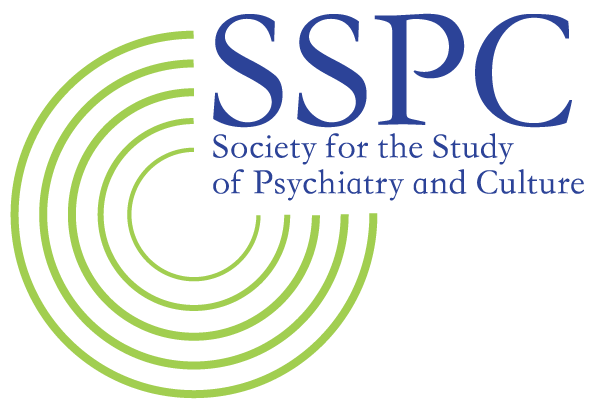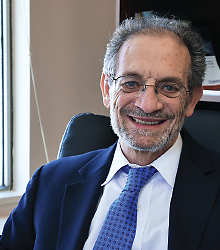The following is a letter drafted by the SSPC Board of Directors in response to the United Nations’ Special Rapporteur on Torture, currently in process of submission for publication.
As members of the Board of Directors of the Society of the Study of Psychiatry and Culture (SSPC), we represent considerable international experience with torture survivors, care of patients with mental illness, and cultural issues related to mental health. We are concerned by the recent publication of the UN Report by the Special Rapporteur on Torture (SRT), Juan Méndez, A/HRC/22/53 dated 1 February 2013, which adds involuntary confinement and treatment for mental illness to the definition of torture. The report is apparently based upon SRT visits to Tajikistan and Morocco, with other visits planned or requested, including to the US.
While we abhor and condemn the political use of torture as well as the inappropriate use of confinement, we are convinced that to label problems with mental health care as ‘torture’ trivializes the concept in the Convention Against Torture (CAT). It may divert attention and limited resources from the care of survivors who bear the physical, emotional, and spiritual wounds of political torture. The SRT report applies to all 151 countries which have signed the CAT, placing countries which misuse psychiatry together with countries that legitimately provide psychiatric care to protect lives.
The SRT report also has serious implications for humane care of people with severe mental disorders. In the US, as well as in many European countries, the focus on individual rights already limits the ability of the mental health professions to effectively help persons with acute episodes of mental illness who are at risk of harming themselves or others. To “safeguard free and informed consent on an equal basis for all individuals without any exception” (Recommendations 85 (e), page 21) would preclude confinement of those persons who require emergency stabilization or longer term treatment. Each of the United States has a legal framework permitting this confinement but including legal safeguards to prevent misuse and violation of individual rights. A/HRC/22/53 precludes attempts to protect and help individuals with severe mental illness through temporary confinement and would “impose an absolute ban on all forced and non-consensual medical interventions against persons with disabilities . . . for both long- and short-term application” (Recommendations 89 (d), page 23). Ironically, much recent discussion in the US focuses on the need to further restrict the individual rights of persons with mental illness by appropriately confining and treating them to protect themselves or others.
The SRT recommends revision of “the legal provisions that allow detention on mental health grounds or in mental health facilities, and any coercive interventions or treatments in the mental health setting without the free and informed consent by the person concerned” (Recommendations 89 (d), page 23). The consequences of requiring informed consent under all circumstances would be to deny access to emergency care for many. Beyond the initial emergency, involuntary confinement and treatment require judicial review. In most situations involuntary confinement is brief and the oversight of judicial intervention or third party agreement ensures humane and ethical treatment. While the mental health system in the US is far from perfect, failure to provide care increases the suffering of those whose illness has impaired their insight and ability to provide informed consent.
We believe a distinction should be made between the “disabled” and “the mentally ill.” Although the Convention on the Rights of Persons with Disabilities seems to be the legal basis for the recommendations in A/HRC/22/53, the UN resolution of 1995 regarding Protection of the Mentally Ill already provides very strict and specific requirements for involuntary confinement. Along with the Convention Against Torture, these conventions, the International Convention on the Elimination of All Forms of Racial Discrimination, and other UN documents address the inhumane, inappropriate, and exploitative use or denial of healthcare. It is unclear what A/HRC/22/53 adds beyond adequate enforcement of these conventions. A/HRC/22/53 is an inconsistent political statement, based neither upon a broad view of the issues nor upon research supporting the recommendations. For those in need of psychiatric care, and for torture survivors in particular, the negative implications and potential consequences are enormous.
The Board of Directors, Society for the Study of Psychiatry and Culture

